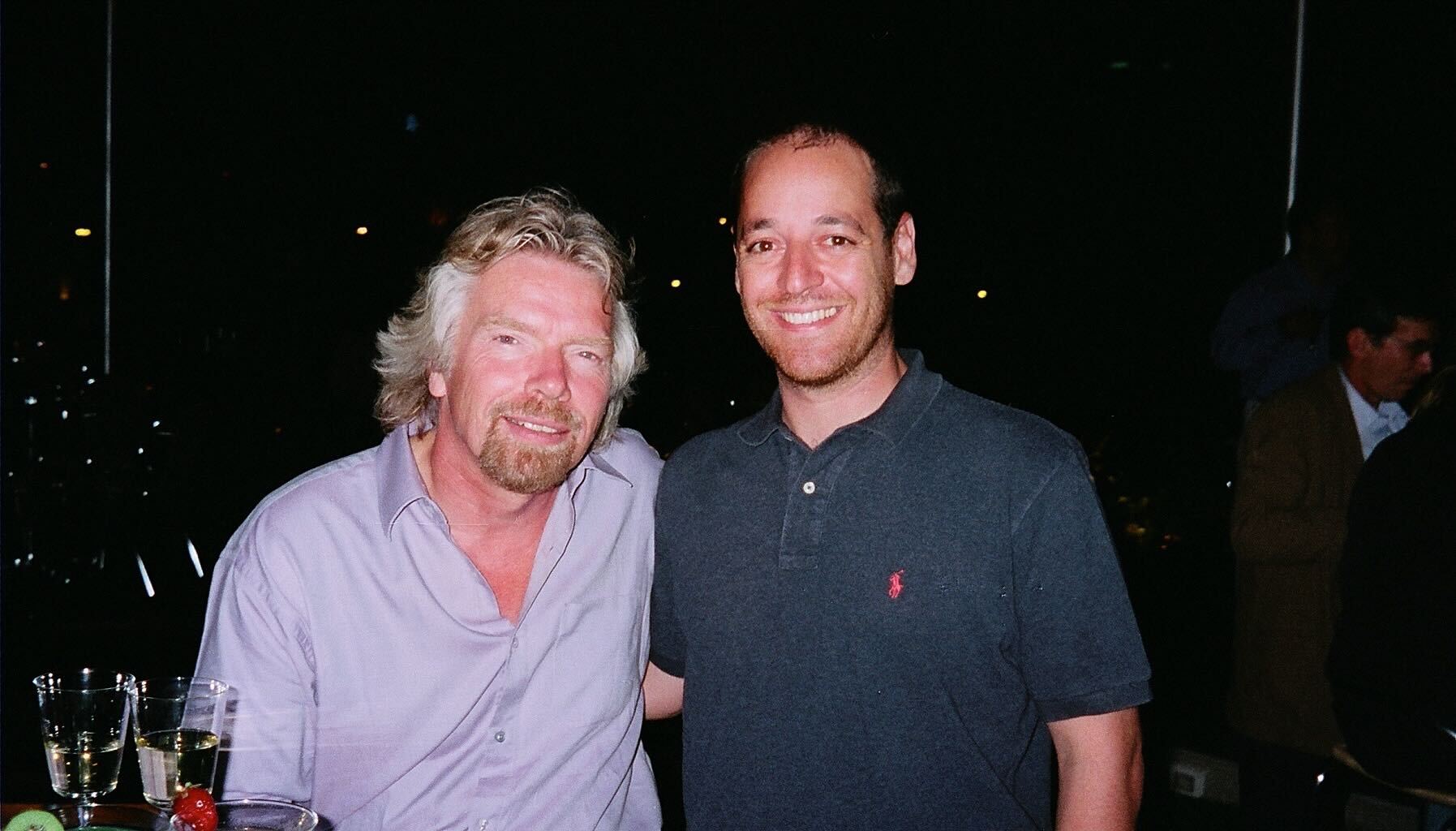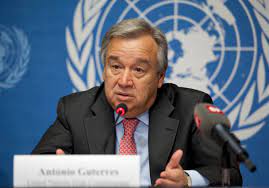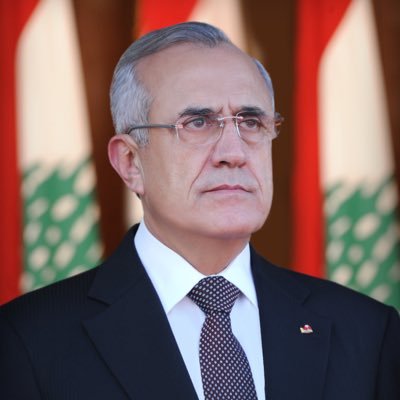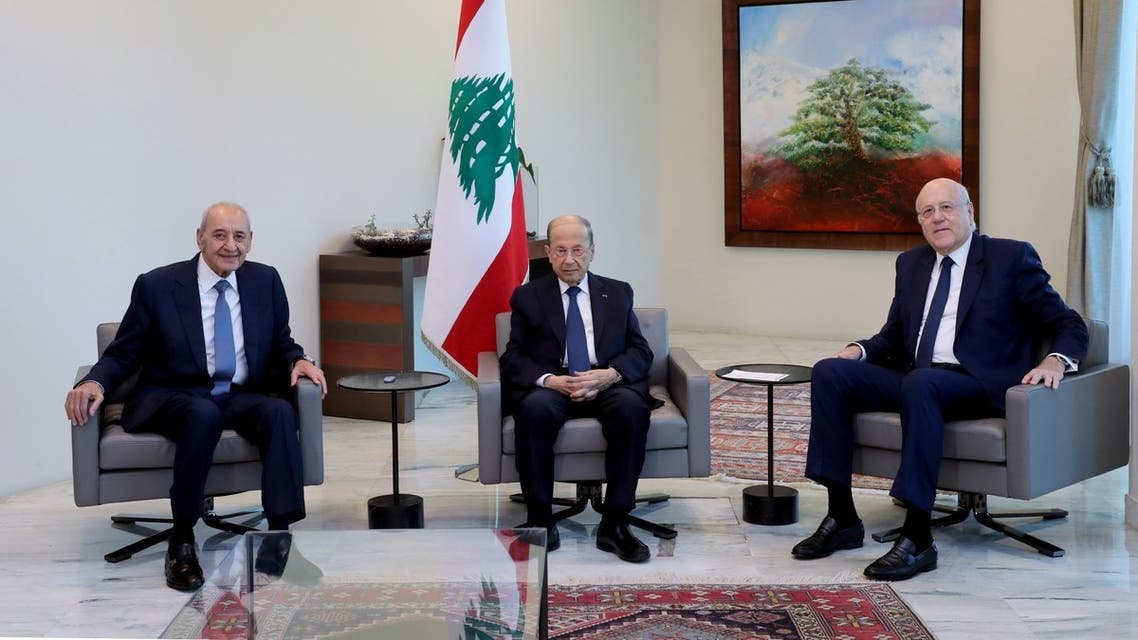
By Hugh Grant — techbullion.com — Marwan Kheireddine has brought an immeasurable amount of wealth and growth to Lebanon. In 2001, he opened a Virgin Megastore in Lebanon and received some priceless advice from a fellow billionaire, Sir Richard Branson. “I saw how Richard runs his business. He runs a multibillion-dollar corporation, but he knows everything about every company every day because it’s a flat structure,” Marwan Kheireddine said. “So when I met him for the first time in his office, I was very surprised that he was in a large office with no windows, no walls — it was completely open.” Kheireddine found it intriguing that anyone could walk up to him and talk to him. “His assistant would sit next to him, and there were no walls, and no red tape,” Marwan Kheireddine said. “And I did exactly that. If you come to my office today, unfortunately, we have walls because that’s the way it is in banking. However, when I don’t have people in my office, my door is open. Anyone can come in from the lowest level analyst to the highest C-suite executive. They can come in. It’s an open-door policy.”
Marwan Kheireddine had a life-changing meeting with Richard Branson
When Marwan Kheireddine met with Branson at his London offices in 2000, he assured the British business tycoon the launch would have to unfold grandly. “I said, ‘Richard, if you want to launch Virgin in the Middle East, it cannot be done in a shy way,’” Marwan Kheireddine advised. “It needs to be done very professionally and with a huge impact.” The Virgin Megastore opened in Lebanon in 2001, and it quickly became a cultural hub in the heart of Beirut. Branson attended the opening perched on a black couch that had been loaded onto a red bulldozer’s forklift bearing Virgin’s iconic logo. An elaborate fireworks display followed. Lebanon’s late Prime Minister Rafic Hariri described the store as a testimony of Beirut’s revival, according to albawaba.com. And then, a Virgin Megastore opened in Saudi Arabia in 2008. “Again, Richard went there, and we launched Virgin in the Middle East, but we didn’t stop at Virgin Megastores,” Marwan Kheireddine said. “Virgin Megastores then had a radio station, and Virgin Radio opened up in Lebanon.”










